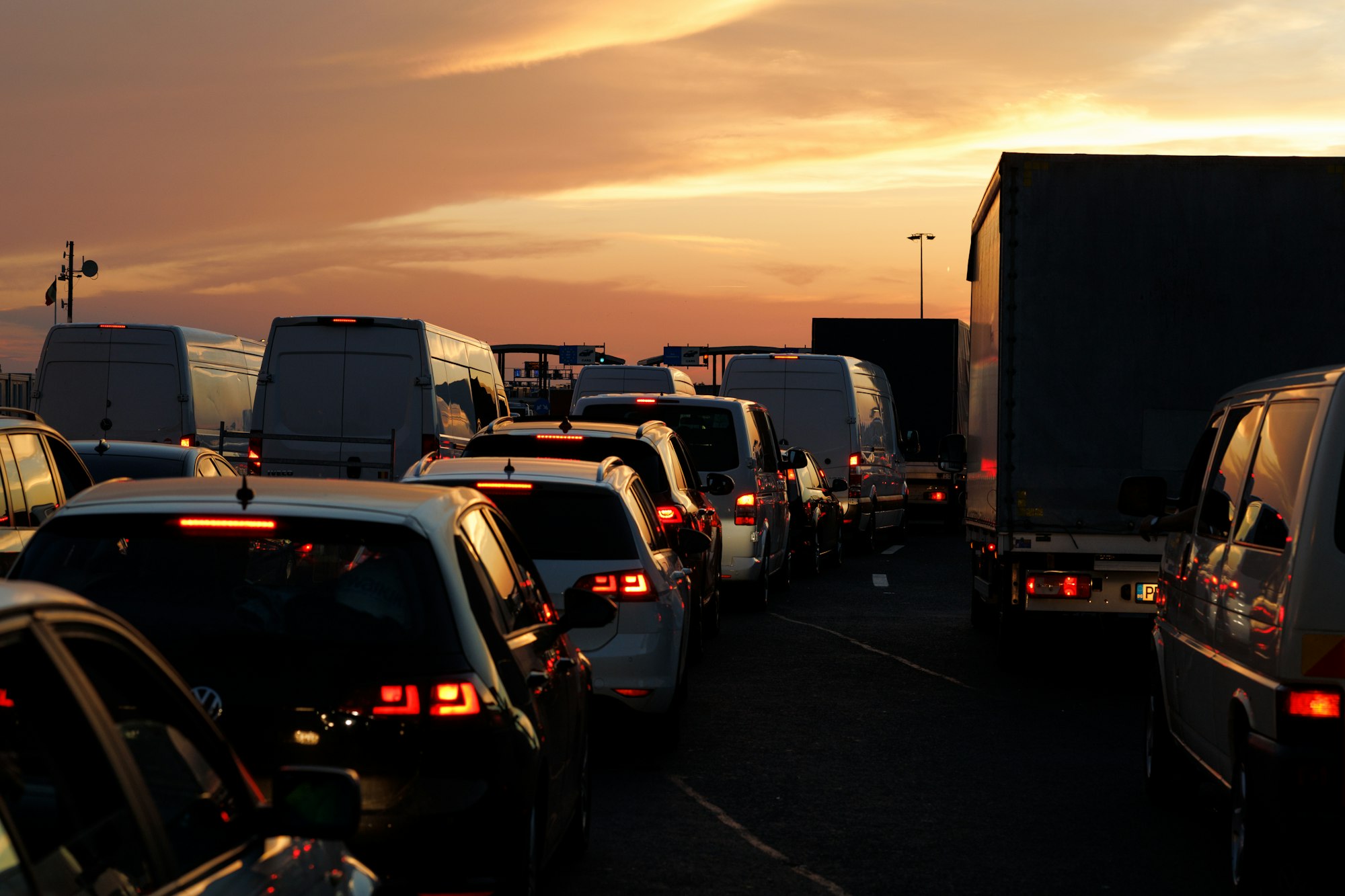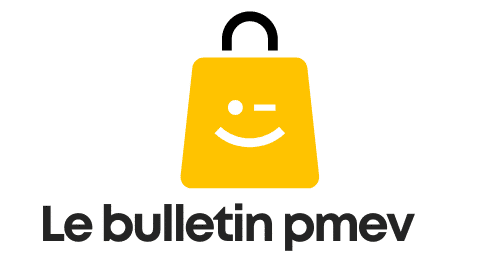Cross-border trade in Calais: customs compliance

Navigating cross-border commerce in Calais demands strict adherence to customs regulations. This article explores key legal requirements, recent updates, and essential compliance procedures. Discover the impact of post-Brexit changes, including reinstated customs formalities and the necessary documentation for seamless trade. Understand the critical role of customs declarants and how leveraging their expertise can streamline your transactions. Let's dive into the nuanced world of Calais trade compliance and facilitate your business operations.
Overview of customs regulations in Calais
Navigating customs regulations in Calais requires understanding key legal requirements for cross-border commerce. Post-Brexit, the UK is treated as a third country to the EU, reinstating customs formalities and checks. Importers and exporters must submit detailed customs declarations, replacing the previous declarations of exchange of goods.
Lire également : What Is the Impact of Digital Nomadism on UK Co-Living Spaces?
Important customs regulations and recent updates
Recent updates highlight the reinstatement of customs formalities. Goods transported between the EU and the UK now require sanitary and phytosanitary checks. Additionally, importers/exporters must submit a 54-case customs declaration for each transaction. For businesses reliant on UK trade, customs advisory cells offer diagnostic services to help prepare for these changes. For more details, visit asalinks.eu.
Compliance procedures and documentation
Compliance involves meticulous documentation and adherence to customs regulations. Importers of frozen meat must undergo veterinary checks, while exporters of alcoholic products need to submit export declarations with accompanying documents. To claim preferential tariffs, clear documentation and correct stipulations on the Single Administrative Document (SAD) are essential, ensuring a smooth customs process.
En parallèle : How to Use Chatbots to Improve Customer Support in UK Online Retail?
Enhanced border control
To manage the increased volume, French customs have bolstered their workforce and infrastructure, particularly in Calais. New online services such as DELTA G and DELTA X have been developed, reflecting Brexit-related changes and enhancing the efficiency of customs processing.
Post-Brexit customs changes and impacts
Post-Brexit, customs formalities and checks were reinstated between the EU and the UK. Import-export compliance in Calais now requires a 54-case customs declaration for each transaction. Importers and exporters must navigate complex documentation, including veterinary checks for certain products like frozen meat and comprehensive export declarations for items such as alcoholic goods.
Businesses dealing with UK trade face significant challenges. Customs advisory cells offer diagnostic services to assist these companies in adapting to new regulations, ensuring they remain compliant. Practical tips include maintaining clear and accurate records and understanding specific requirements for different types of goods. For instance, to benefit from preferential tariffs, proper documentation and correct stipulations on the Single Administrative Document (SAD) are essential.
The reinstatement of customs checks necessitates enhanced border control measures. French customs have increased their workforce and leveraged new technologies, like DELTA G and DELTA X online services, to handle the surge in customs processing efficiently. These steps are crucial for maintaining the smooth flow of goods across the Calais border.
Role and services of customs declarants in Calais
Customs declarants play a critical role in facilitating cross-border trade in Calais, especially post-Brexit. They ensure that all customs documents are accurately completed and submitted in a timely manner, significantly reducing delays and potential penalties. ASA, a leading customs declarant agency, provides comprehensive services across key locations including Calais, Boulogne-sur-Mer, and Dunkerque.
ASA's customs declaration services are designed to handle a wide range of goods, from live animals to food products and equipment. Their expertise ensures compliance with intricate customs regulations, which is vital for smooth border crossings. Businesses leveraging ASA's services benefit from their deep understanding of local specifics and unique border challenges, enhancing the efficiency of cross-border transactions.
Moreover, ASA offers real-time mission tracking and centralization of documents through their online platform. This transparency and operational efficiency make ASA an invaluable partner for businesses aiming to navigate the complexities of customs compliance seamlessly.
